591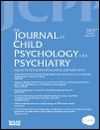
Jun 26, 2017
Merker S, Reif A, Zieger GC, et al. J Clin Psychol Psychiatry. 2017, 22 Feb. DOI: 10.1111/jcpp.12702
Although we are a long way from understanding the complete genetic underpinnings of ADHD, a glucose transporter (GLUT-3) gene that regulates cerebral glucose metabolism may play a significant role. This meta-analysis of multiple European cohorts showed that variations in this (SLC2A3) gene were associated with increased likelihood of ADHD in some countries, but not all. An exciting area t...
592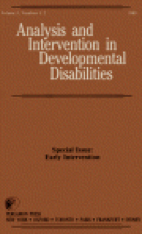
Jun 26, 2017
Fenske, E C, Zalenski S, Krantz P J & McClannahan L E, AIDD, Published online 10 November, 2005
The concept of critical periods for development are well known to child health professionals. This study by Fenske in 1985 was one of the first to elegantly demonstrate the difference that timely intervention can make. Children with Autism Spectrum Disorder (ASD) who were enrolled in an intensive behavioural intervention programme before 5 years of age had better outcomes than those enrolled...
593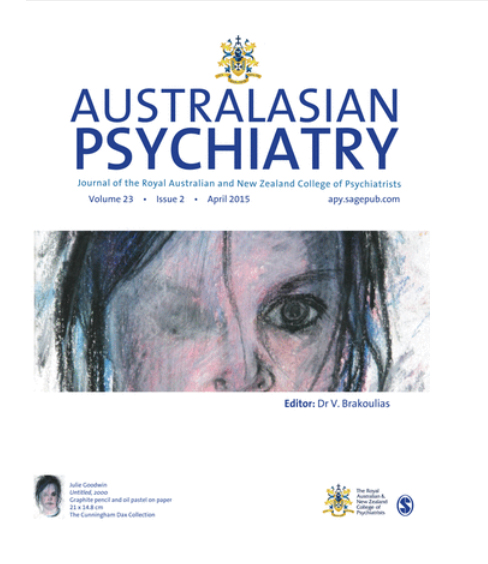
Jun 26, 2017
Hazell P. Australas Psychiatry. 2010 Dec;18(6):556-9
Many children with ADHD also have behaviour problems, especially Oppositional Defiant Disorder (ODD). This systematic review provides recommendations for assessment as well as medication-related and non-medication related treatment of these children.
http://www.ncbi.nlm.nih.gov/pubmed/21117844
594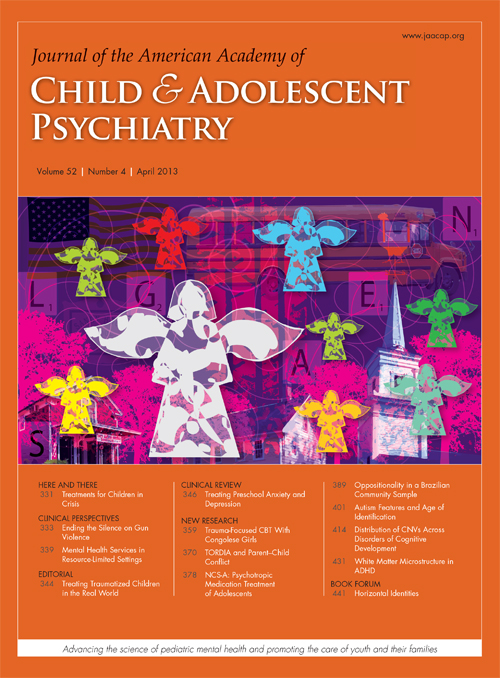
Jun 26, 2017
Greenhill L1, Kollins S, Abikoff H,...Cooper T. J Am Acad Child Adolesc Psychiatry. 2006 Nov;45(11):1284-93
This paper describes one of the key studies of ADHD treatment in preschool children. It broadly showed that stimulant medication is effective for treating the condition, but that lower doses are needed than for older children.
http://www.ncbi.nlm.nih.gov/pubmed?cmd=Retrieve&dopt=AbstractPlus&list_uids=17023867&query_hl=1&itool=pubmed_docsum
595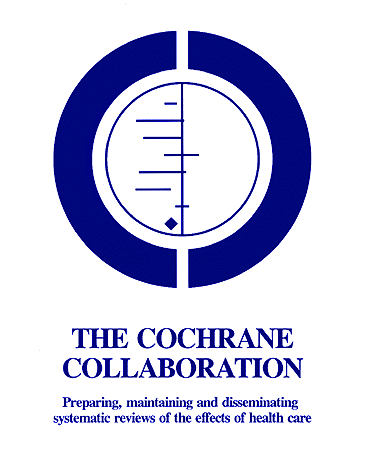
Jun 22, 2017
Cox GR, Callahan P, Churchill R, Hunot V, Merry SN, Parker AG, Hetrick SE. Cochrane Database Syst Rev. 2014 Nov 30
This systematic review of treatments for depression provides a mixed report on what has been shown to work. A current summary of the evidence base and recommendations for future research to address current knowledge deficits are provided by the authors.
http://onlinelibrary.wiley.com/doi/10.1002/14651858.CD008324.pub3/abstract
596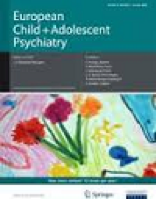
Jun 22, 2017
Müller-Vahl KR, Cath DC, Cavanna AE,...ESSTS Guidelines Group. Eur Child Adolesc Psychiatry. 2011 Apr;20(4):209-17
The final article in this series on the European clinical guidelines for Tourette’s Syndrome and other tic disorders summaries the evidence base for treatment with deep brain stimulation (DBS).
http://www.ncbi.nlm.nih.gov/pubmed/21445726
597
Jun 22, 2017
Verdellen C1, van de Griendt J, Hartmann A, Murphy T; ESSTS Guidelines Group. Eur Child Adolesc Psychiatry. 2011 Apr;20(4):197-207
The third in this series of articles outlining the European clinical guidelines for Tourette’s Syndrome and other tic disorders provides a summary of behavioural and psychosocial interventions, including habit reversal training (HRT) and exposure with response prevention (ERP).
http://www.ncbi.nlm.nih.gov/pubmed/21445725
598
Jun 22, 2017
V Roessner, K Plessen, A Rothenberger,...The ESSTS. Eur Child Adolesc Psychiatry. Apr 2011; 20(4): 173–196
The second in this series of articles outlining the European clinical guidelines for Tourette’s Syndrome and other tic disorders offers a comprehensive overview of medication treatments.
http://www.ncbi.nlm.nih.gov/pmc/articles/PMC3065650/
599
Jun 22, 2017
D Cath, T Hedderly, A Ludolph,...The ESSTS Guidelines Group. Eur Child Adolesc Psychiatry (2011) 20:155–171
This is the first of four articles detailing the European clinical guidelines for Tourette’s Syndrome and other tic disorders. Part I gives an overview of assessment.
http://www.ncbi.nlm.nih.gov/pmc/articles/PMC3065640/
600
Jun 22, 2017
Piacentini J1, Chang S. Behav Modif. 2005 Nov;29(6):803-22.
This article provides a detailed account of Habit Reversal Training (HRT), a key evidence-based treatment for tic disorders. This may be complimented by watching on You Tube a documentary called “Kids With Tourette’s In Their Own Words which can be found at; https://www.youtube.com/watch?v=kGf6jBxAs6g.
http://www.ncbi.nlm.nih.gov/pubmed/16204417








